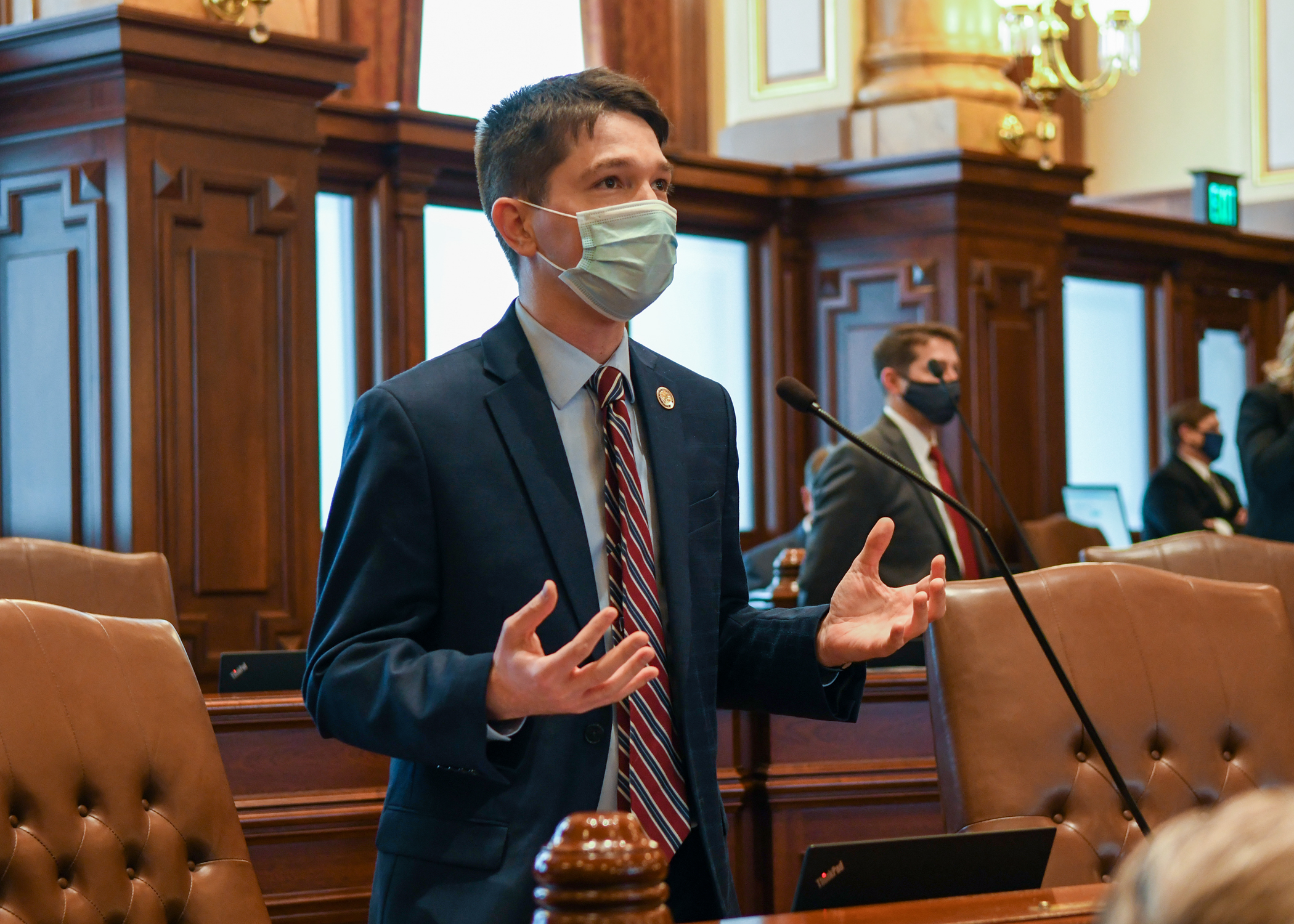Schools across the country are on holiday break, and families are getting together which can mean the spread of seasonal illnesses such as COVID-19, flu, and RSV. Health experts are urging parents to use caution in the up and coming weeks in order to help slow the spread of these viruses. RSV is one of those three viruses. Health experts encourage parents to be aware of the signs and symptoms of this virus that their child may experience.
Dr. Safiat Amuwo, an OSF HealthCare pediatrician says that the symptoms can be similar to other viruses.
One symptom of RSV that differentiates from other viruses is respiratory distress. This can be sometimes difficult for parents to recognize. Some people may associate persistent or worsening with respiratory distress. Dr. Amuwo says to pay close attention to your child’s breathing and body language.
Dr. Amuwo says that the increased work of breathing or fast, shallow breathing, is the most important of these to watch for as an indication of respiratory distress that would likely indicate RSV. If you think your child may be in respiratory distress, Dr. Amuwo says to not wait for an appointment and take them directly to the nearest emergency room.
According to the CDC, people infected with RSV are usually contagious for three to eight days and may become contagious a day or two before they start showing signs of illness much like COVID-19. Some infants and people with weakened immune systems can continue to spread the virus even after they stop showing symptoms, for as long as six weeks.
There is not currently a vaccine for RSV, but doctors recommend hand washing and mask-wearing and using caution when traveling. At home, use over-the-counter medication, warm showers, drink plenty of fluids, and use a humidifier.
RSV cannot be treated with antibiotics, however, if the virus progresses and a child develops further illness, such as pneumonia, antibiotics may be an option. If your child’s symptoms worsen, make an appointment with their pediatrician. If they become severe, go to the nearest emergency.
If you or your child becomes sick with RSV, COVID-19, or the flu this holiday season, monitor symptoms closely, follow the recommended guidelines to reduce the spread, and stay home until the virus has run its course.













